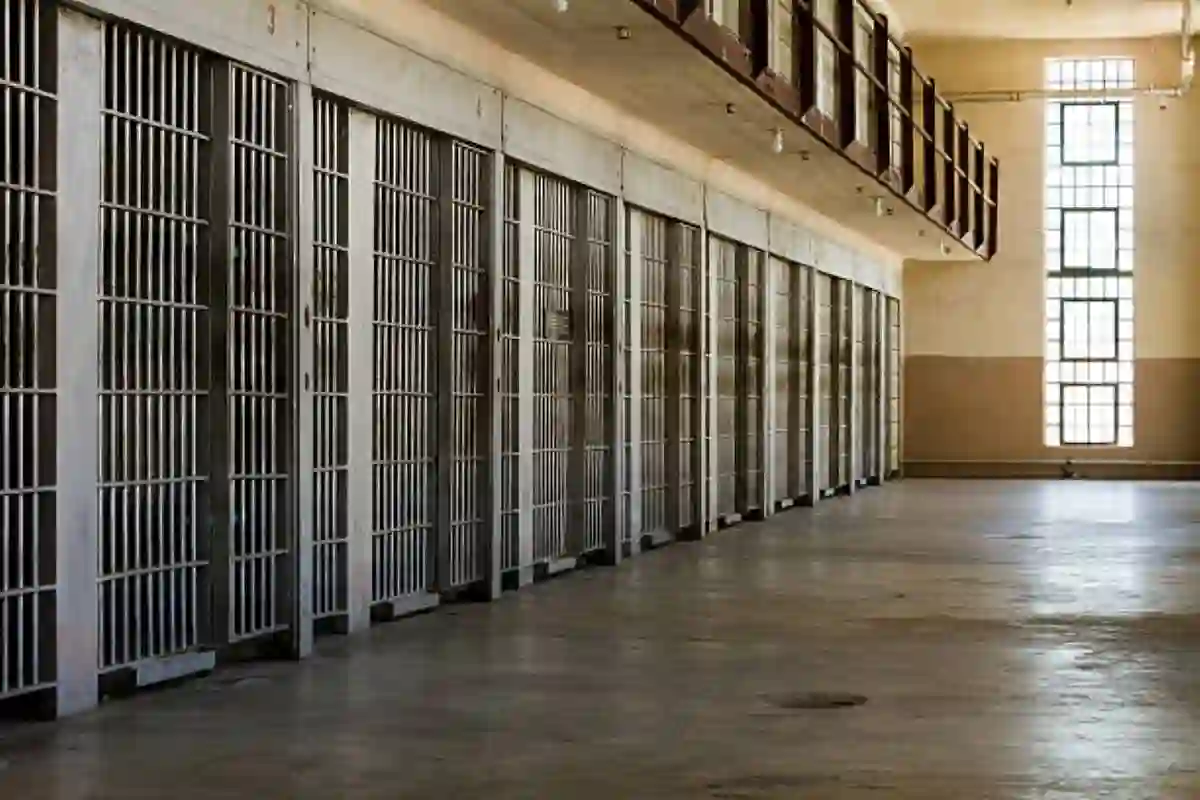In a country still healing from the scars of its past, a proposal to bring back corporal punishment in South African prisons has reignited debate—and not in a good way.
The suggestion, made by Correctional Services Minister Pieter Groenewald during a recent parliamentary budget debate, was met with swift and strong opposition.
For many, the idea of using physical punishment in correctional centres feels like a step back into a darker chapter of South Africa’s history.
And at the front of the pushback is the Police and Prisons Civil Rights Union (Popcru), who aren’t holding back.
Popcru Slams Proposal as a Human Rights Setback
Popcru made their stance crystal clear: violence should never be a tool for correction.
Their spokesperson, Richard Mamabolo, didn’t mince words.
Speaking to Jacaranda FM News, he warned that Groenewald’s proposal wasn’t just misguided—it was dangerous.
“We reject in the strongest terms the notion of using violence as a tool of correction,” Mamabolo said.
For the union, this isn’t just about policy—it’s about the principles of human dignity, justice, and rehabilitation.
South Africa Already Left Corporal Punishment Behind
What makes the minister’s call even more concerning, according to Popcru, is that the country has already moved beyond this debate.
The Constitutional Court ruled against corporal punishment in the 1995 State v Williams and Others case, effectively banning it across the board.
Mamabolo stressed that to reintroduce such a measure would be to reverse decades of progress and dismantle the legal foundations of a rights-based democracy.
“It’s not only unconstitutional,” he argued, “it’s morally and legally unacceptable.”
A Call for Long-Term, Sustainable Reform
Groenewald had suggested that corporal punishment might help tackle prison overcrowding—an ongoing crisis in South Africa.
With over 60,000 inmates awaiting trial, including more than 2,000 people unable to pay bail under R1,000, he believes the system needs radical intervention.
But Popcru disagrees with that solution entirely.
Instead, they argue the focus should be on fixing what’s really broken: socioeconomic inequality, court delays, and a lack of meaningful rehabilitation programs.
Financial Pressure vs. Human Rights
During his speech to Parliament, Groenewald revealed that South Africa spends over R11 million every day to house approximately 24,000 foreign nationals in correctional facilities.
The numbers are staggering, and yes—costs are rising.
But should that justify bringing back violence?
Popcru doesn’t think so. For them, correctional centres should be places of positive transformation, not punishment chambers.
They argue that the state should be investing in smarter, more humane solutions—not falling back on outdated methods that violate basic human rights.
A Question for South Africa’s Future
So where does the country go from here? Should the state bend to financial pressure and public frustration? Or should it hold firm to its commitment to human dignity and constitutional law—even in the face of a strained justice system?
That’s the debate now playing out across newsrooms, living rooms, and parliamentary halls alike.
Popcru has made its position clear—but what’s yours?
